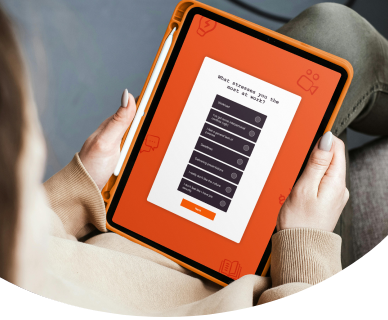Too often, we forget that some stress in life is a good thing. When you feel the heightened arousal of stress, numerous scientific studies will tell you that it actually does wonderful things: It helps you focus, enhances your memory, gives your body an energy boost, and can even bolster your immune system. (If you’ve ever been stressed about giving a presentation, you can credit some of that stress for helping push you through what you need to do to prepare and get those first words out.)
However, in today’s fast-paced world, it’s simply a fact that far too many of us suffer from excessive or chronic stress. Left uncontrolled and unmanaged, stress reveals its ugly side: you’ll be less likely to control your emotions, it impacts your heart health, it leads to premature aging, and actually weakens your immune system, among other side effects. One of the most common causes of excessive stress? No surprise here: Work.
If you’re feeling overwhelmed by too many Slack messages, an overbearing boss, crazy deadlines, or a combination of them all, Samantha Clarke, author and happiness expert, has some really good advice for you. In her class “Reduce Stress and Anxiety,” which you can find in our Optimism Library, Samantha offers three simple yet effective strategies to de-escalate stress, especially in the workplace. To explore her entire class, feel free to go here, but we’ve taken the liberty of providing just a few of her tips below.
Declutter Your Workspace
Let’s start with your immediate environment—your desk or workspace. Believe it or not, the state of your workspace can significantly impact your stress levels. As Samantha explains, “stress can be triggered even more when we find ourselves working in chaotic environments. Where there’s a lot of clutter and disorganization, our mindset often reflects it.”
A cluttered desk is not just an eyesore; it’s a visual representation of chaos that can hinder your ability to focus and process information efficiently, and science agrees. A study recently showcased in a Harvard Business Review article found that physical clutter in your surroundings competes for your attention, resulting in decreased performance and increased stress.
So, what’s the solution? Take a few minutes each day to tidy up your workspace. File away those papers, organize your supplies, and create a clean, serene environment that encourages focus and calm. The act of decluttering itself can be therapeutic, offering a sense of control and accomplishment amidst the chaos of work.
Practicing Meditation or Tai Chi
If you’re looking for a more introspective approach to stress management, meditation and tai chi are your go-to practices. Both are ancient traditions known for their calming and restorative benefits.
“The practice of meditation or the slow, meditative movement of tai chi are really good starting places for us to think about how we practice being present with ourselves,” explains Samantha. “I’m not saying that you need to move into like a pretzel and do it for hours on end. But just a starting point of even just 5 minutes is great. Take that time to ask yourself ‘how do I come back home to myself and my mind? How do I lean back and take a moment to keep my mind in a place of stillness?’ Just take a moment to close your eyes and just be still when the stress reaction is there or the feeling of deep uncertainty comes up.”
Ultimately, meditative actions help you develop mindfulness, allowing you to observe your thoughts and feelings without judgment. This practice can decrease the body’s response to stress, reducing symptoms of anxiety and depression and make it easier to regulate yourself next time that stress starts to rear its unpleasant head.
Yes, Think Happy Thoughts
We know, it sounds like a terrible cliché, but sometimes the simplest methods are the most powerful. When stress levels start to rise, take a moment to close your eyes and think of a positive memory or the silver linings of your current challenge.
“In moments of stress and difficulty, take a moment and think, ‘what about this challenge could pose something positive?’ Or you can recall some happy memory at the moment of stress to reset your mind. Think about a happy memory or positive thought about the challenge that you’re in and hold that thought for at least 30 seconds. It starts to create more neural pathway recognition to override the negativity.”
This technique is not just about distraction; it’s about reminding ourselves of the joy and positivity that exist in our lives, even when they seem overshadowed by stress. It’s a tool that can be used anywhere, anytime, requiring nothing but a moment of your time and the power of your memory.
A word to the wise, though. As Samantha explains, “when it comes to this particular method, practice actually does make perfect. We need to do this consistently and again through meditation over time when we get stressed. Through repeatedly taking that time to pause, we can start to rewire what’s really happening for us.”
Stress, especially in the workplace, can feel like an inevitable part of life. Whether it’s through decluttering your workspace, incorporating meditation or tai chi into your routine, or simply recalling a joyous moment from your past, each method offers a pathway to greater calm and reduced anxiety.
For more classes like “Reduce Stress and Anxiety”, check out The Optimism Library. Breathe out, dive in, and discover more ways to bring balance into your life.











